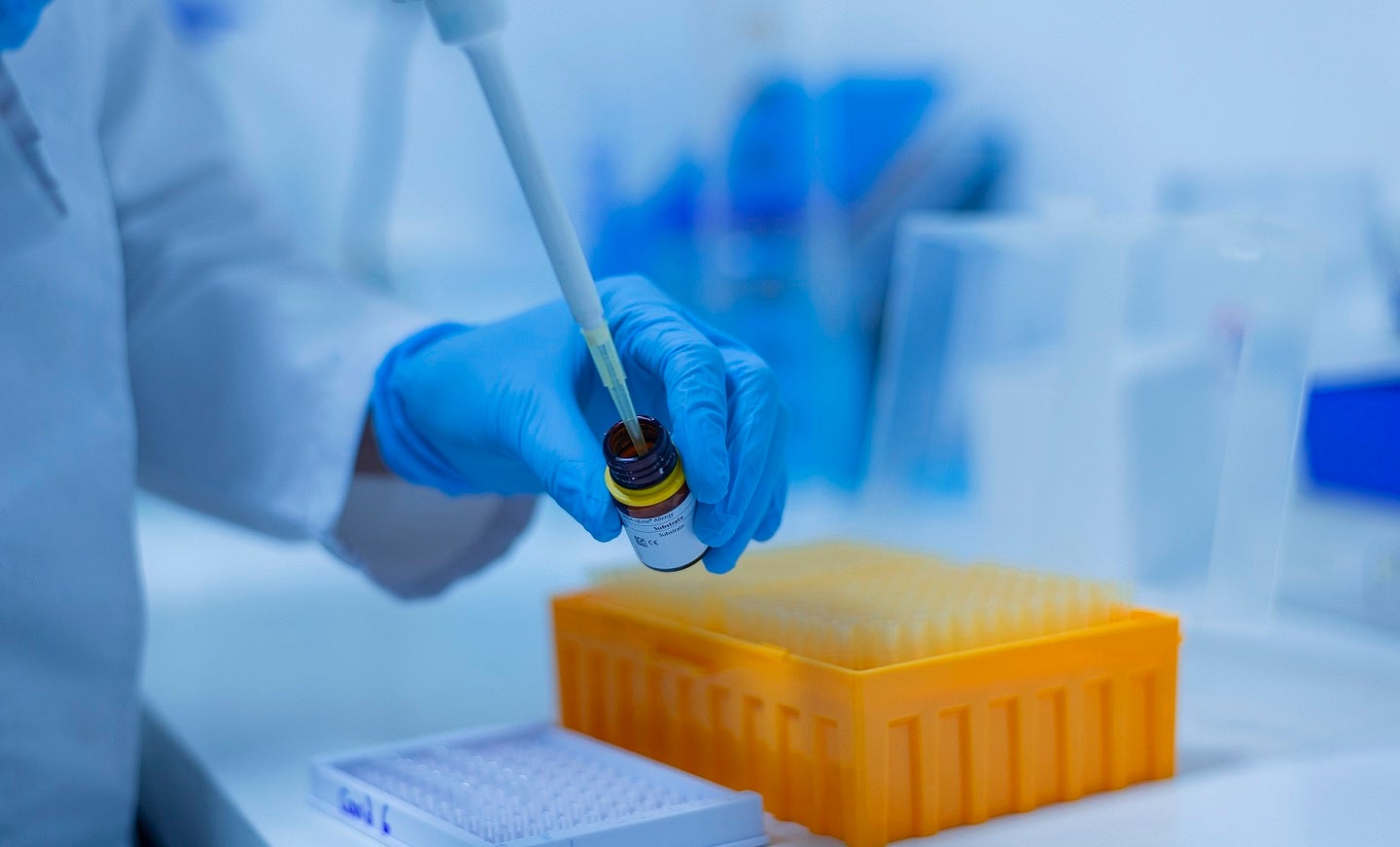
Eli Lilly and Company has reported new secondary data from the Phase III trials investigating lebrikizumab for the treatment of moderate-to-severe atopic dermatitis (AD), commonly known as eczema.
The results were obtained from the ADvocate 1 and ADvocate 2 as well as the ADhere studies.

Discover B2B Marketing That Performs
Combine business intelligence and editorial excellence to reach engaged professionals across 36 leading media platforms.
The ADvocate 1 and ADvocate 2 Phase III, 52-week randomised, double-blind, placebo-controlled, parallel-group, global trials have been designed to assess lebrikizumab as monotherapy to treat adult and adolescent patients with moderate-to-severe AD.
ADhere is a Phase III, 16-week randomised, double-blind, placebo-controlled, parallel-group, international trial that aims to examine the efficacy and safety of lebrikizumab plus topical corticosteroids (TCS) for the treatment of this patient group.
It enrolled 211 patients aged 12 to 18 years and weighed at least 40kg.
The newly released post-hoc analysis of the trials’ data showed that 58% to 73% of patients receiving lebrikizumab experienced enhanced or cleared face or hand dermatitis at the 16-week induction period.

US Tariffs are shifting - will you react or anticipate?
Don’t let policy changes catch you off guard. Stay proactive with real-time data and expert analysis.
By GlobalDataBoth patient groups, who used or did not use TCS, also experienced improved or cleared skin.
The analysis further found that 80% of patients receiving lebrikizumab in the ADvocate 1 and ADvocate 2 trials maintained EASI-75 response at 52 weeks.
Those patients achieved EASI-75 response with the treatment of lebrikizumab at 16 weeks.
Over 70% patients maintained EASI-75 response with no or negligeable fluctuations across ten study visits during one year of treatment.
Furthermore, patients receiving the four-week dosing regimen witnessed similar improvements in comparison with patients treated with two-week dosing.
Safety among participants in the ADvocate 1 and ADvocate 2 trials at one year was reported to be in line with the trials’ induction period and other studies of lebrikizumab in AD, including ADhere.
Eli Lilly and Company global immunology development and medical affairs senior vice-president Lotus Mallbris said: “We believe lebrikizumab, if approved, has the potential to be the preferred first-line treatment option for people suffering with atopic dermatitis given the durability of response and the consistency of results even among patients with more difficult-to-treat regions like the face and hands.
“These novel data add to the robust body of evidence on lebrikizumab to date and further represent our commitment to setting new expectations for people living with atopic dermatitis.
“We look forward to regulatory decisions later this year.”





